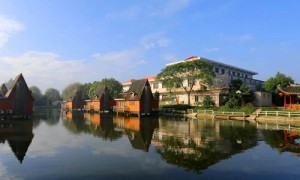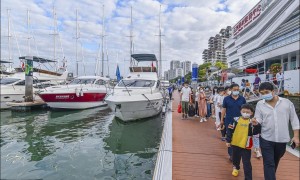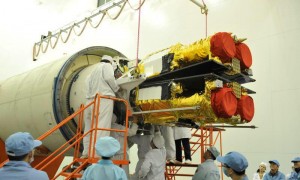Xi made the remarks while delivering a keynote speech at the Asia-Pacific Economic Cooperation CEO Summit held in Lima, capital of Peru. Xi will also hold a dialogue with representatives of the APEC Business Advisory Council and meet leaders of some other APEC member economies.
Establishing the Free Trade Area of the Asia-Pacific (FTAAP) is a strategic measure that is related to the long-term prosperity of the Asian and Pacific region, which should be pushed forward with firm determination, Xi said, adding that the economic globalization will benefit all parties.
The FTAAP process was initially launched at the 2014 APEC Economic Leaders' Meeting in Beijing, and a road map was endorsed.
Xi told the APEC leaders that boosting interconnections is an important task to release development potential, which is also the goal of the China-proposed Belt and Road Initiative. The Silk Road Economic Belt and the 21st Century Maritime Silk Road initiatives, put forward by Xi in 2013, aim to revive the ancient trade route with a focus on infrastructure.
More than 100 countries and global organizations have proactively participated in and supported the initiatives, with a number of major infrastructure projects implemented, Xi added.
Chinese economies met with some challenges under the background of global sluggishness, Xi said, adding that Beijing has taken a positive role in economic adjustment, which made China's economic growth still the best of the world's main economic entities.
Founded in 1989, APEC, with 21 members, now accounts for 39 percent of the global population, 60 percent of the global economy and 46 percent of global trade.







